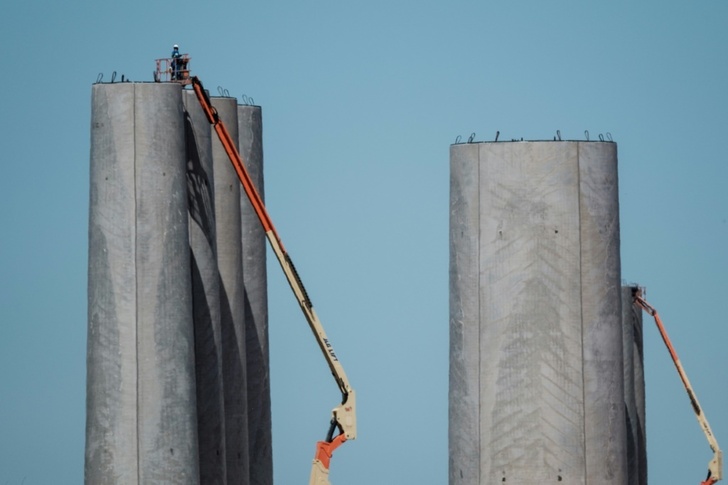Brazil burned fossil fuels for electricity at the lowest level in more than a decade in February, thanks to booming use of wind and solar power, said a study published Thursday.
Latin America's biggest economy, whose grid is mainly powered by hydroelectric dams, got just 4.9 percent of its electricity from fossil fuels in February, the first time the monthly figure has fallen below five percent since July 2012, according to British clean-energy research group Ember.
In the first quarter of the year, fossil fuels -- mainly natural gas -- supplied 5.4 percent of Brazil's electricity. That was down from 10 percent for the same period in 2022, resulting in a 29-percent drop in carbon dioxide emissions, it said.
The clean-energy gains were driven by wind and solar, which now make up 12 percent and three percent, respectively, of the electricity mix in the country of 215 million people, where electricity demand has grown by nearly 25 percent since 2011.
Wind energy has grown by 36 percent annually in Brazil since 2011, and solar by 26 percent annually, Ember said.
"Keeping up this buildout of renewables is going to be crucial if Brazil wants to stay off fossil fuels," the study's author, Matt Ewen, told AFP.
President Luiz Inacio Lula da Silva, who took office in January, has vowed to expand green energy in Brazil and restore the country's leadership role in the fight against global warming, after four years under far-right climate change-skeptic Jair Bolsonaro.
Brazil, which relies on hydro power for 63 percent of its electricity, claims its grid is among the greenest in the world -- though environmentalists say that fails to take into account carbon emissions from trees killed when land is flooded for dam reservoirs.
And Brazil's hydro power supply is at risk: experts say the advancing destruction of the Amazon rainforest is making the country more drought-prone, drying up the dams' water supply.
In the last decade, Brazil's dam network has gone from operating at 59 percent of maximum output to 38 percent -- though favorable conditions for hydro generation helped achieve the recent lows in fossil fuel use, Ember said.
rsr/jhb/bgs
© Agence France-Presse
Your content is great. However, if any of the content contained herein violates any rights of yours, including those of copyright, please contact us immediately by e-mail at media[@]kissrpr.com.
Source: Story.KISSPR.com

